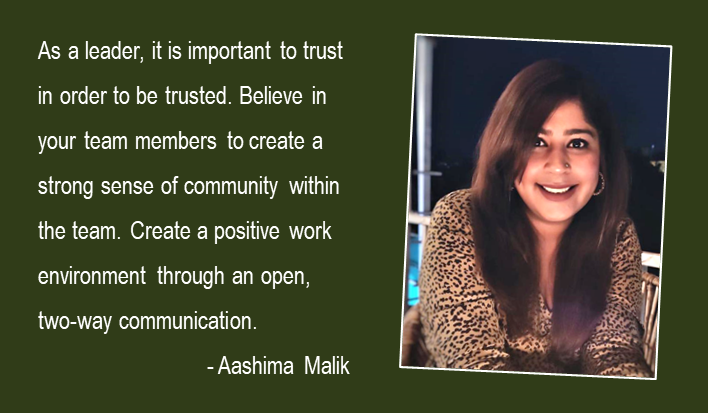It wasn’t long ago, when a major chunk of our workforce comprised of those who were the first generation to be educated in their families. That paradigm shifted radically as millennials—who make up almost 50% of our working population—made their entry into the workforce. With them, they brought in and subsequently infused a new vibe in the working culture. Tech-driven, always-connected, ready-to-explore, armed with the ever-present question of “Why”? For a generation that questions everything and being a millennial myself, I can truly say that this emerging demographic has transformed the workplace, changing the way we communicate in more ways than one.
Understanding the psyche behind the force
The “millennial work culture” is synonymous with open workspaces, cool aesthetics, healthy cafeterias, and remote work. Some may even bracket us under commonly held stereotypes such as entitled and commitment phobic; but the fact remains that today millennials form a significant part of our workforce and they think and act differently. Understanding what works for them is critical for every industry and especially in the business of communication. Using technology to increase efficiency, they have an undying desire to understand the ‘why’ behind every task and this can help employers and organisations look at the bigger picture. To attract, lead and more importantly retain the average millennial, we need to start by understanding what is important to them and what drives them.
Reimaging the work culture
Different associates have different needs. As leaders, we need to customise our approach rather than follow a one-size-fits-all policy. Impact is what drives millennials. Attracted to compelling narratives, the new-age employee wants to understand how they’re contributing to the larger scheme of things. They are opinionated and want to be heard. Asking for their opinions makes them feel valued and giving them an opportunity to voice their opinion instils the sense of ownership. Listen to them very carefully but most importantly ‘ask’– ask for ideas, tickle their thoughts and imagination. Good listening skills reflect that you value their opinions and understand their needs. This particular trait for me today tops my priority list! Let them experiment. Do not define them with set KRAs and KPIs. Help them discover and indulge their passions and encourage them to upskill. This will make them feel like they can learn, explore and most importantly grow. To manage such a massive demographic, organisations need to understand the millennial value system and repurpose their people strategies accordingly. To accommodate millennials, the corporate world is slowly but surely reimaging workspaces. They’re incorporating flexible schedules, open-plan offices, flat structures and most importantly, the “Boss” has metamorphosed into a mentor and sometimes a friend even.
The human touch
I started my journey in public relations over a decade ago. Along the way I have learnt many things from my seniors. While there were those, who weren’t shy of pointing out what I hadn’t done well, there were others who were brilliant at explaining the shortcomings, spotting success, that job well done, and reinforcing a positive and open work environment. This is what I strongly believe has nurtured my talent in more ways than one.
Although, as per popular belief, this is the generation of texts, social media platforms, millennials today are seeking more face-to-face interactions to build better interpersonal relationships. Encourage non-agenda engagements to promote human connections and authentic relationship building. A lunch or a catch up over drinks go a long way in building stronger relationships. Most importantly, give them experiences. Millennials are more focused on experiences than results. They seek rich work experiences, a strong culture and the ability to be flexible without compromising on their values and beliefs. Stand for your tribe when they need it the most. At the same time, do let them know where they are going wrong and empower them to become solution oriented.
Winning their trust
Last but not the least, learn to build the bridges of trust. As a leader, it is important to trust in order to be trusted. Believe in your team members to create a strong sense of community amongst the team. Create a positive work environment through an open, two-way communication. Win or lose, if your people believe that you are always on their side, it will come back to help you.
The views and opinions published here belong to the author and do not necessarily reflect the views and opinions of the publisher.



Be the first to comment on "The Power of M"